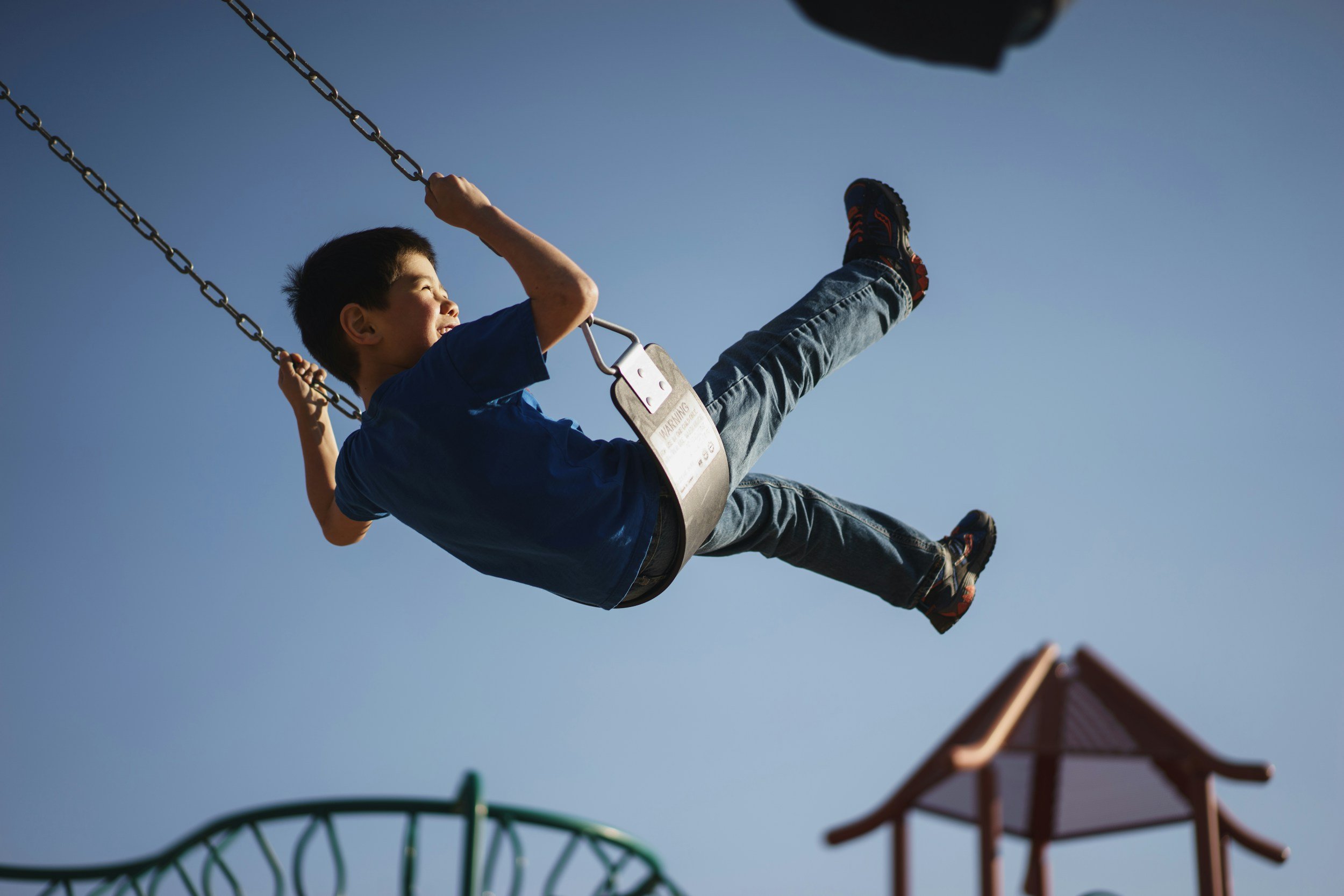
Understanding Sensory Differences in Autistic Children
Understanding Sensory Differences in Autistic Children and Their Impact on Speech Therapy
Sensory differences play a crucial role in the lives of autistic children, affecting their emotional well-being, attention, and communication skills. Research shows that 74% of autistic children exhibit sensory processing challenges, which can significantly impact their speech development and participation in speech therapy. By recognizing how hypersensitivity and hyposensitivity to sensory inputs influence behavior, parents and caregivers can create a more supportive environment for effective communication. Discover practical strategies to adapt therapy settings and foster self-awareness in your child, helping them thrive in their speech and language journey.

